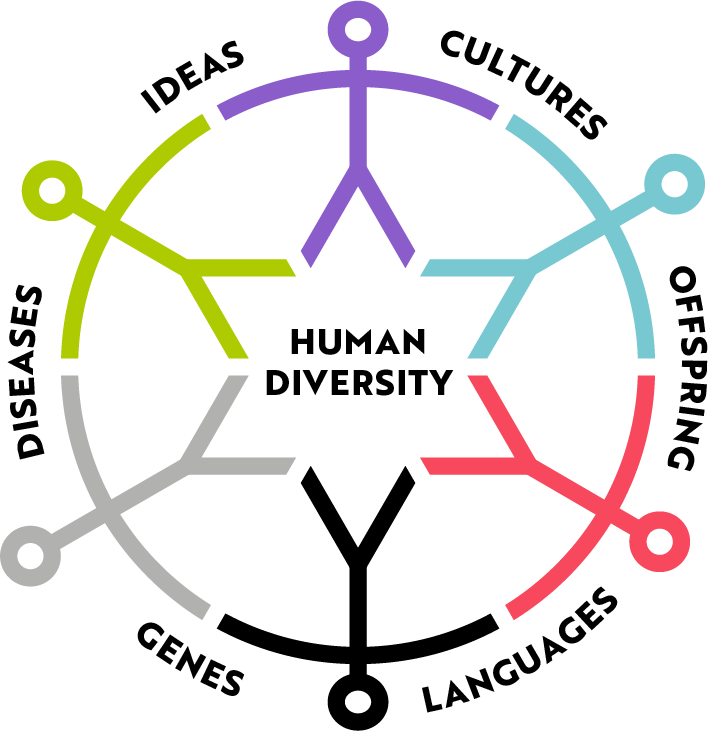Human Diversity Seminar: Rohrlach

When
Event Details
19th March at 13:15-14:15
Hybrid event
in Natura, lecture hall IX / Zoom
Dr. Adam Ben Rohrlach, Max Planck Institute for Evolutionary Anthropology, Leipzig
The interface between genomics and statistics – new methods in health and kinship in archaeogenetics
Host: Ronan O’Sullivan (ronan.osullivan@utu.fi)
Zoom link to the event: https://utu.zoom.us/j/61515345616
This seminar is part of a series presenting the interdisciplinary research related to the Human Diversity consortium (PROFI7) at the University of Turku. https://sites.utu.fi/humandiversity/
Ben will be in Turku all day on Tuesday 18th and before his seminar on the morning of the 19th. If you would like to meet Ben, please contact ronan.osullivan@utu.fi and we can arrange a time.
Welcome everyone!
How human beings have responded to disease and disorder in past populations has been a topic of interest for researchers for a long time. Whether it is our collective response to epidemic-level events, or more personal or rare conditions, this offers a window into the past that people can resonate with today. However, many diseases and disorders leave little to no evidence in the archaeological record, or leave signs that could be caused by a multitude of other conditions. Fortunately, since the advent of ancient DNA analyses, we have the ability to detect both pathogens and genetic abnormalities that have previously been invisible to archaeologists. Further, sample sizes are becoming large enough to reliably expect to find cases of relatively rare conditions. In this talk I will describe some of the work that we have been doing to detect genetic disease and disorder from the large in-house database of ancient DNA. I will describe how we have screened samples obtained from individuals dating to as far back as the Neolithic, and from across the globe. I will describe how we detect these needles in haystacks, how we separate the true cases from the false positives, and what we can say about the lives of these individuals, and how they were treated by those around them in the distant past.
